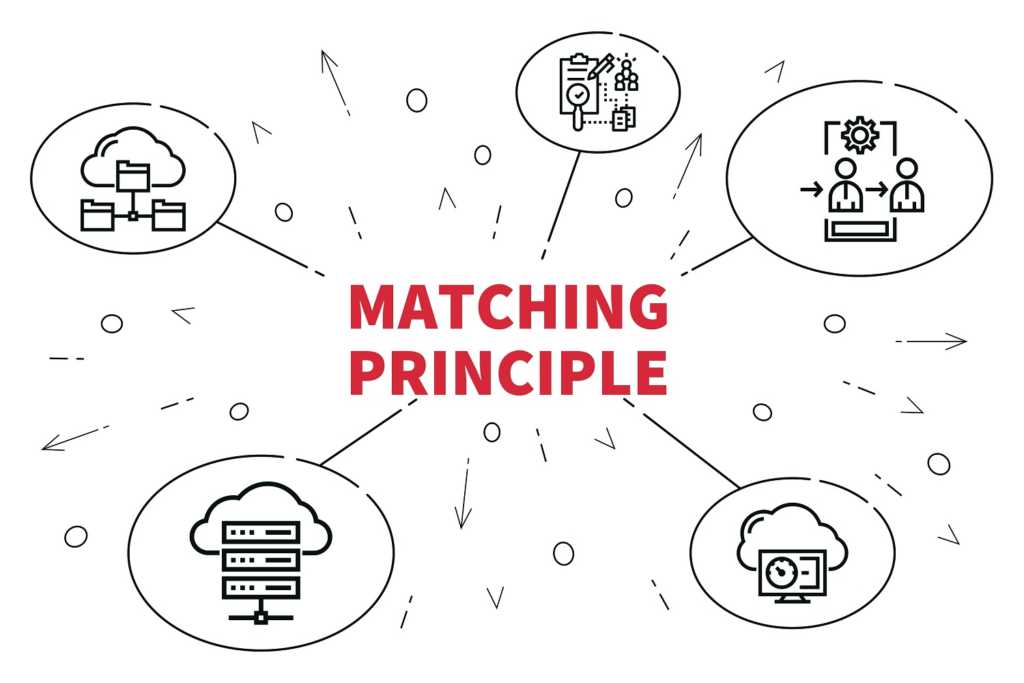

The Delhi High Court relied on the definition of employer under section 2(e) of the PF Act wherein employer is defined as a person having 'ultimate control over the affairs of the establishment'. The issue before the court therefore was " whether security guards provided by GSGL to its clients would be its employees or employees of the establishment to whom they are provided" GSGL contended that since the security guards were deputed to the client's establishment, the client (principal employer) was liable to pay the PF contributions for those employees and not GSGL. Group 4 Securitas Guarding Ltd ( GSGL), which was into the business of providing security guard services, received a notice from the Regional Provident Fund Commissioner directing them to pay additional provident fund contributions on allowances such as HRA, conveyance allowance and washing allowance. Group 4 Securitas Guarding Ltd v Employees Provident Fund Appellate Tribunal & Ors

Recently however, the Delhi High Court has made certain observations in the case of Group 4 Securitas Guarding Ltd v Employees Provident Fund Appellate Tribunal & Ors and held that when the contractor is an independent legal entity with a large workforce and engaged in providing services to various clients, the onus to make provident fund is not on the principal employer nor will a principal employer be held liable in case of non-compliance. Hence, pursuant to the provisions of the PF Act, the widely accepted view is that the principal employers are legally required to make contributions towards the provident fund of workers employed through contractors as well. Also Section 8A of the PF Act allows the principal employer to recover from the contractor, the amount contributed with respect to the contractor's employees. An employee under the PF Act is defined to include persons employed through a contractor in or in connection with the work of the establishment. Section 6 of the Employees Provident Funds and Miscellaneous Provisions Act, 1952 ( PF Act) requires the employer to make contributions to the provident fund accounts of each of its employees.


 0 kommentar(er)
0 kommentar(er)
